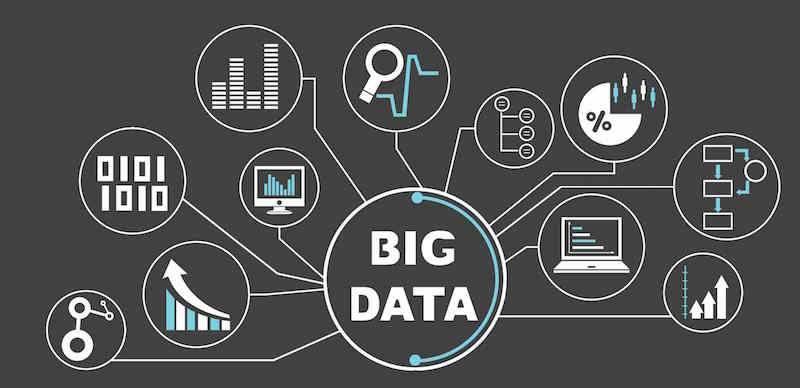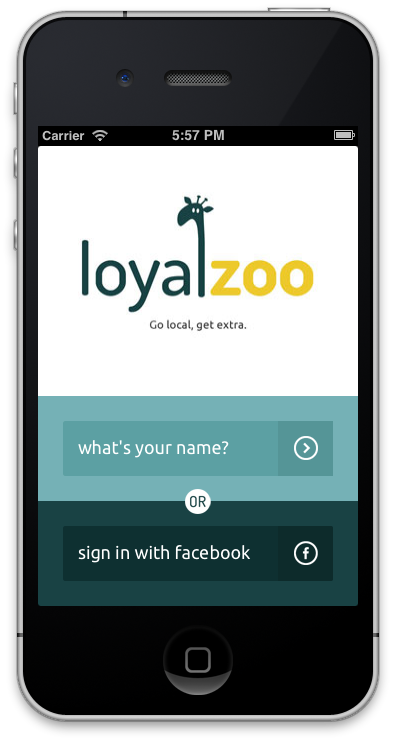24 Jul

Big data is one of those buzzwords that has gained traction over the last few years. The big brands and chains are all talking about it. So what is it?
Broadly speaking, big data is information about customers and their behavior. It ranges from their age, gender and ethnic background, to more detailed information such as shopping patterns, interests and health profile.
To collect big data, the shop will need a complex system to track the customer. Very often this takes form as a plastic card, disguised to the customer as a loyalty card or rewards card. It usually involves a long and arduous registration process, for very little real return to the customer. For online, the process is different – the customer is tracked using various methods which in turn tells the brand where the customer is clicking, how much time they spend on each site or each page and what they spend most time on.
Knowing who your customer is is important – but how well do you really need to know them?
Unless your direct competitors do, one can argue otherwise. The major reason for collecting big data is to optimise marketing campaigns. It is an aggressive and expensive way of driving sales – for local businesses it may not be worth your while. Collecting data is well and good, and easy once a system is in place; but without putting aside time and money to analyse it, is the data really worth anything?
For most businesses there are two pieces of data that really matter;
- What are customers buying
- When are they shopping
With these two bits of information you can fine tune your range and manage your stock levels, as well as your staff and your own time. It will take some work and analysis, but the return can be tenfold.
If you have an e-Point-of-Sale you may already be able to run reports on items sold. Make a habit of looking at these regularly. Are some items consistently not selling? Are you running out of others on a regular basis? Look also at margins. Perhaps there is room to adjust prices?
To find out when people are shopping, you only have to spend time in the shop or talk to your staff. If you run a restaurant you may find yourself very quiet early in the week and super busy on the weekend – and this will allow you to work out how you can use staff hours efficiently.
Not every business need big data. It sounds impressive and it can be incredibly useful for creating insight, but collecting it without analysing it may be a waste of time.

